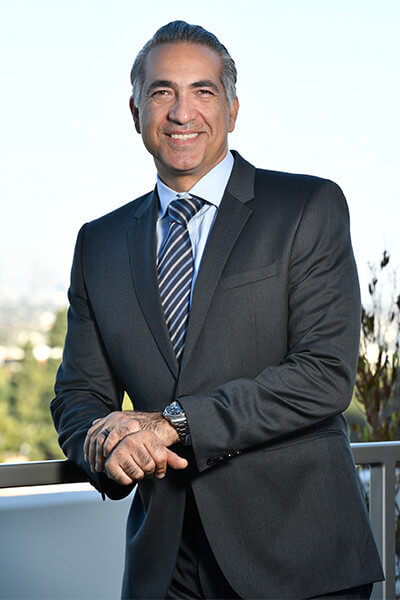Korean automaker Hyundai is rumored to be pausing the development of their Genesis hydrogen fuel cell vehicle indefinitely. A few days ago, The Korea Economic Daily also reported that Hyundai may shut down its R&D center for combustion engines.
There is no report that Hyundai is permanently going to cancel their fuel cell Genesis but paused for the time being. The decision comes as a surprise since the company presented Hydrogen Vision 2040 just a few months ago. As per the rumors, a recent internal audit revealed that the South Korean brand is unable to meet the original target in terms of production cost reductions.
It also seems like Hyundai and sister company Kia have decided all-in on battery electric power for all future productions. Hyundai is one of just three automakers with current FCEV passenger cars, with its Ioniq and Nexo joining the (recently discontinued) Honda Clarity and Toyota’s Mirai. Apparently, the Genesis hydrogen car had been in development for over a year and was supposed to come to fruition in 2025.
The production version of September’s Vision FK concept served as a window into the Hyundai Motor Group’s hydrogen future. Kia Stinger, judging by its appearance, the sports car was recognized as having more than 500kW powertrain, 600km of range run in less than four seconds.
According to insiders, the lack of marketability of FCEVs was the biggest problem for Hyundai than either technical issues or fuel infrastructure. The number of employees in the fuel-cell R&D division at Namyang has been “greatly reduced”, with Hyundai moving engineers across to EV work.
Electric Vehicle Is The Future
As we are going through a new industrial revolution, the automobile industry is completely shifting to electronic vehicles. We may not see hydrogen in new consumer electric vehicles. Battery cars have many advantages and BEVs are also getting better more quickly than hydrogen cars are. Hydrogen requires more technical and infrastructure resources than battery cars and has few benefits over BEVs even in the best theoretical scenarios.
Final Thoughts
If you are an automobile owner and have manufacturing issues, you can contact us regarding your involvement in this potential class-action lawsuit. Serious vehicle problems require serious legal representation, especially when you are bringing a claim against a major automaker.
At the Lemon Firm, our experienced Attorneys have been able to successfully recover compensation for our clients who were sold a vehicle with manufacturer defects, and we can do the same for you. Call (833) Lemon-Firm to speak with a Lemon law expert.
